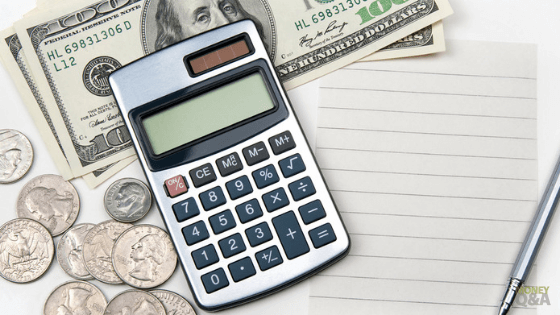
During a global pandemic, are you prepared to control your finances until the world stabilizes? Check out these key tips for guiding your family finances during COVID-19.
The COVID-19 pandemic is like no other event that has ever occurred in the world. While the effects are more severe for some people, the pandemic has affected 100% of the population on this earth.
Your family finances might be one of the leading areas in your life that you see and feel the effects. You may feel stressed from this issue, and you might worry about the future.
Feeling these things is quite normal, but there are some things you can do to protect your finances. If you’d like to learn more, read this guide to learn five helpful tips for guiding your family finances during COVID-19.
Rethink Your Budget and Cut out
Unnecessary Spending
If you’re trying to learn how to organize your finances during COVID-19 and this bizarre time in life, you may want to begin with your budget. If you don’t have a budget, now is the perfect time to make one.
One of the primary goals you should consider during this time is cutting your expenses. You have bills that you must pay, such as your mortgage, but you also have the money you can use at your leisure.
Experts call this discretionary spending.
Discretionary spending is the money you spend on things that are not necessary for life. For example, do you love reading? Do you buy books all the time to support this hobby? If so, the money you spend on these books is discretionary spending.
You don’t need to buy books. Therefore, you could cut this expense out of your budget. Carefully go through your budget and find ways to cut any expenses you can.
If you take the time to do this, you might be shocked by how much money you can save by cutting out the unnecessary things you spend money on right now.
One last thing to consider is finding ways to cut your everyday monthly expenses. For example, call your cable company and ask if you can reduce your package. You could save $50 a month by doing this.
You could contact your insurance company and ask if there are ways to reduce your insurance bills, too. You might find that this call helps you save $30 a month.
Take Advantage of Government Programs
If you’ve lost your job or part of your income due to the pandemic, you should take advantage of government programs. For example, have you applied for unemployment compensation? If you haven’t,
you should.
You could also evaluate other options that are currently available for people struggling financially from the virus. You can learn more about the options available during this time and utilize any resources that you might be eligible to use.
Contact Your Creditors If You Cannot Pay Your Bills
While it’s not pleasant to suddenly lose income, there is not a lot you can do about it right now. What you can do, though, is contact your creditors to let them know your situation.
If you currently cannot work because your job closed down or because your young children are not in school, your creditors may be willing to work out an arrangement with you.
If your creditors allow you to skip a few payments, you might be able to get by during this pandemic without harming your credit. Contacting your creditors is an excellent idea if you need to find ways to cut
your expenses at this time.
Don’t Panic Sell Your Investments
A global pandemic causes a lot of uncertainty with financial stability. If this is a concern you have, you might be tempted to sell your investments.
The stock market responded to this pandemic by crashing. The result is that your investment accounts might be worth a fraction of what they were worth just a few short months ago.
Panic selling your investments is not a wise choice, though. When you sell your stocks and bonds at this time, you will lose the ability to regain what you lost.
Cashing them in will result in money in your pocket now, but you will lose your retirement investments. Stock market analysts always warn against panic selling, yet many investors fail to listen.
A better idea is to wait it out. If you wait until the pandemic ends and the economy begins to grow again, you will see increases in your accounts. It may take time for them to reach the balances they were at before, but they will grow.
Get Educated
The last tip to help you through this time is to get educated. If you now have extra time on your hands, why not use some of it to expand your financial knowledge?
You can focus some of your time on protecting your income during COVID-19, but you should also find ways to learn more about financial management.
For example, you could take a budgeting course online, or you could take a class on learning how to invest. A lot of educational sites and colleges are now offering free courses online. All you have to do is find them and enroll.
If you can take classes for free and learn a lot of new things, why not? This would be a great way to spend some of your free time during this crisis. If you utilize your time to learn about these things, you will have a better chance of protecting your income and budget now and in the future, when things get back to normal.
Protect Your Family Finances by Learning More
Protecting your family finances is probably one of your top goals during this time. The good news is that there are ways to accomplish this goal.
You can follow the tips listed here, but you can also check out our blog for more helpful articles about protecting and managing your finances during the COVID-19 pandemic.
